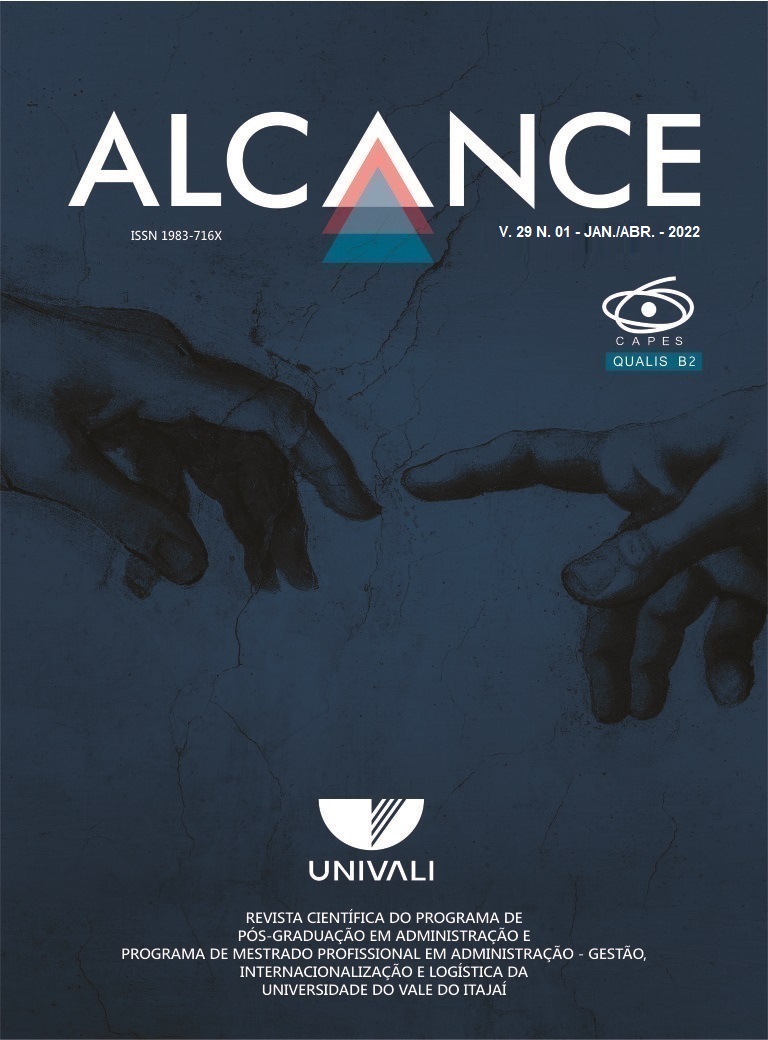




Berg-Schlosser, D. & De Meur, G. (2009). Comparative research design: case and variable selection. In: Rihoux, B. & Ragin, C. (Ed.) Configurational comparative methods. Qualitative comparative analysis (QCA) and related techniques (Chap. 2, pp. 19-32.). California, USA: Sage.
De Meur, G. (1996). La comparaison des systemes politiques: recherche des similarites et des differences. Revue Internationale de Politique Comparée, 3, 405-438.
De Meur, G. D. & Beumier, J. C. (2015). MDSO/MSDO (Version 1.1). Retrieved from http://www.jchr.be/01/v11.htm.
De Meur, G., Bursens, P., & Gottcheiner, A. (2006). MSDO/MDSO Revisited for Public Policy Analysis. In: Rihoux, B. & Grimm, H. (Ed.), Innovative Comparative Methods for Policy Analysis (pp. 67-94): Springer US.
De Meur, G. & Gottcheiner, A. (2009). The Logic and Assumptions of MDSO–MSDO Designs. In: Byrne, D. & Ragin, C. (Ed.). The sage handbook of case-based methods. (Cap, 11, pp. 208-211). California: Sage. DOI: https://dx.doi.org/10.4135/9781446249413.n12
Dias, A. T. (2013). Conjuntos parcimoniosos configuracionais estratégicos pelo método acq-análise comparativa qualitativa: um estudo do desempenho de firmas nos setores de indústria e serviço. Anais do Encontro de Estudos de Estratégia. Bento Gonçalves, Rio Grande do Sul, Brasil.
Dias, C. N. (2015). A influência das redes interorganizacionais e da complementaridade de recursos no desempenho da inovação: um estudo comparativo Brasil-Espanha no setor de pesquisa agropecuária. (Tese de Doutorado em Administração. Universidade de Brasília, Brasília, DF.
Dias, C. N.; Dias, M. F. P. & Martinéz-Fernández, M. T. (2018). Recursos competitivos para o desempenho inovador no setor de pesquisa agropecuária do brasil e espanha. EnANPAD 2018. Universidade Positivo, Curitiba, Paraná, Brasil.
Dias, M. F. P.; Pedrozo, E. A. (2015). Metodologia de Estudo de Caso com Múltiplas Unidades de Análise e Métodos Combinados para Estudo de Configurações. Iberoamerican Journal of Strategic Management (IJSM), 14, 23-39.
Lucidarme, S.; Cardon, G.; & Willem, A. (2016). A comparative study of health promotion networks: configurations of determinants for network effectiveness. Public management review, 18(8), 1163-1217.
Marx, A. & Dusa, A. (2011). Crisp-set qualitative comparative analysis (csQCA), contradictions and consistency benchmarks for model specification. Methodological innovations, 6(2), 103-148.
Mill, J. S. (1973) The collected works of John Stuart Mill. Volum VII - a system of logic, raciocinative, and inductive. (7, 388-406). London: Routledge and Kegan Paul.
Pattyn, V. (2015). Explaining variance in policy evaluation regularity. The case of the flemish public sector. Public Management Review, 17(10), p. 1475-1495.
Ragin, C. C. & Becker H. S. (1992). What is a case?: exploring the foundations of social inquiry, Cambridge: Cambridge University Press.
Ragin C.C., Sonnett J. (2005) Between Complexity and Parsimony: Limited Diversity, Counterfactual Cases, and Comparative Analysis. In: Kropp S., Minkenberg M. (Ed.) Vergleichen in der Politikwissenschaft. VS Verlag für Sozialwissenschaften. https://doi.org/10.1007/978-3-322-80441-9_9
Rihoux, B.; Ragin, C. C. (2009). Configurational comparative methods: Qualitative comparative analysis (QCA) and related techniques (pp. 19-32). California: Sage Publications
Schneider, C. Q. & Wagemann, C. (2012). Set-theoretic methods for the social sciences: a guide to qualitative comparative analysis, Cambridge: Cambridge University Press.




Copyright (c) 2022 Revista Alcance
This work is licensed under a Creative Commons Attribution 4.0 International License.






Revista Alcance is a Brazilian free access journal, published every four months, linked to the Graduate Program in Administration and the Professional Master’s degree in Administration, Internationalization and Logistics Program of the University of Vale do Itajaí – Univali. We seek to publish theoretical-empirical and technological articles in the areas of Business Administration. Different theoretical and methodological perspectives are welcome, as long as they are consistent with and relevant to the development of the area.

